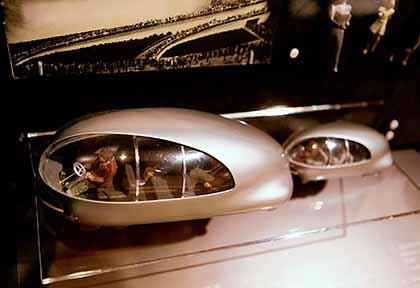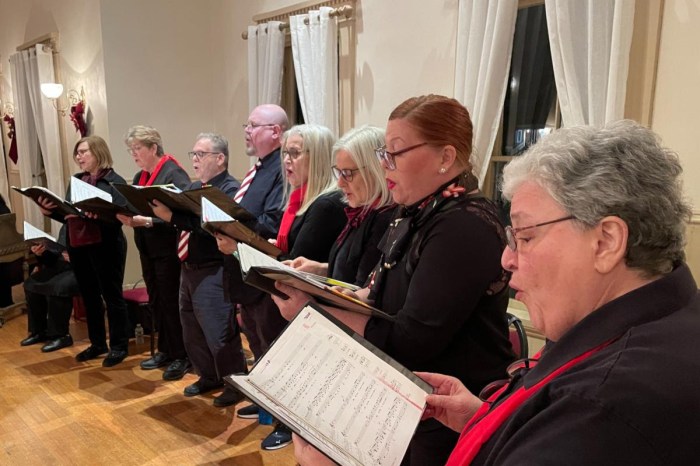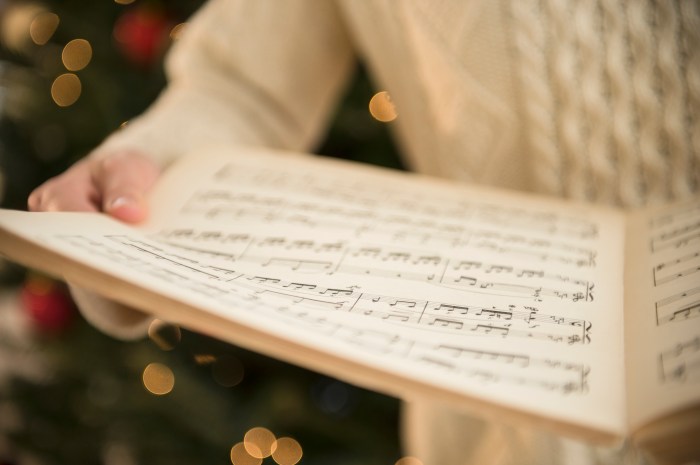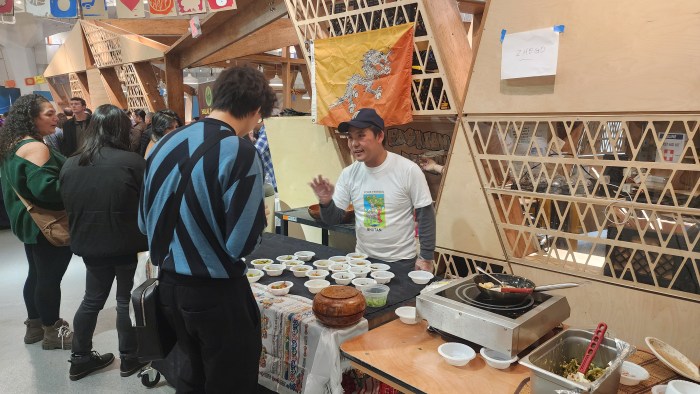By Connor Adams Sheets
The Queens Museum of Art is looking to the past with a pair of new exhibits: one delving into the origins of the 1939 World’s Fair at Flushing Meadows Corona Park, and the other reaching back into people’s memory for the objects that spark remembrances of significant moments.
“Future Perfect: Re-Constructing the 1939 New York World’s Fair” is an exploration of the legacy of Flushing Meadows Corona Park — the museum’s home — as the site of the 1939 World’s Fair.
The fair was a collection of numerous feats of engineering and architecture from around the world, and this exhibit shows just how its organizers made it all come together in the park, which in the early 1930s was little more than a neglected ash dump.
Curated by Louise Weinberg, the museum’s registrar and archives manager, the exhibit’s aim is to give visitors an inside look at the preparation and effort that went into making the fair a reality.
“When you think about it, they built a small city,” Weinberg said during a tour of the exhibit. “All of the infrastructure they had to create — the electrical, the roads, the sewers — to bring this small city into production, it’s just miraculous.”
The exhibit, which runs through Aug. 14, includes photographs, memorabilia and other items related to the fair — all organized in a way that gives the collection a historical narrative.
Nick Milanes, an English major at Fordham University at Lincoln Center in Manhattan, said the exhibit was thought-provoking in that it gave context to the history of the landmark event.
“I’m really interested in this time period of the ’30s and ’40s and the optimism in science and technology, which I think is ironic in a way because science and technology are a bit of a double-edged sword,” he said. “Technology is at once making and breaking the world. This is reflected in what I’m reading about in these displays.”
The exhibit opened April 10 in conjunction with the creation of a collaborative art project that day at QMA by the FreeStyle Art Collective based on the Unisphere, the most recognizable relic of the 1964 World’s Fair.
Also on view through Aug. 14 is “Not the Way You Remembered,” a showcase of works that incorporate items, ranging from an earring to a collection of sports trophies, chosen by artists because of their relevance to events in their pasts.
Like the Madeleine in Marcel Proust’s “In Search of Lost Time,” these selections serve as jumping-off points for an exploration of personal history.
“It’s about memory formation and how ordinary objects can wield value for people,” said the show’s curator, Jamillah James, a Van Lier Fund Fellow at QMA. “It can be as simple as a piece of paper from your past. An item can spark an emotional charge or some sort of emotional meaning for someone.”
Artist Jason Lazarus attended the opening April 4, where his piece “Too Hard to Keep” was prominently displayed near the front of the gallery space.
The work is a “lifelong project,” he said, in which he collects photographs that people derive pain or negative emotions from viewing, and posts for them public viewing as an aggregate of their collected experiences. Some of the photographs depict people kissing, some show young children and some show people participating in everyday life — but no explanations accompany them.
“These are all charged images from an archive I started of photographs that people didn’t want to live with anymore but that they hadn’t yet burned. They’re all kind of trauma-related; I don’t ask for the story,” Lazarus said. “It’s almost like taking a Kodak archive, turning it inside out and running it through a dark filter. It’s also a beautiful thing. All the images have a second life and show us how we live with photography.”
Reach reporter Connor Adams Sheets by e-mail at csheets@cnglocal.com or by phone at 718-260-4538.
If You Go
“Future Perfect” and “Not What You Remembered”
When: Through Aug. 14, Wednesday-Sunday noon-6 p.m.
Where: Queens Museum of Art, Flushing Meadows Corona Park
Cost: Suggested donation $5, $2.50 seniors and children
Contact: 718-592-9700, info@queensmuseum.org
Website: queensmuseum.org




































